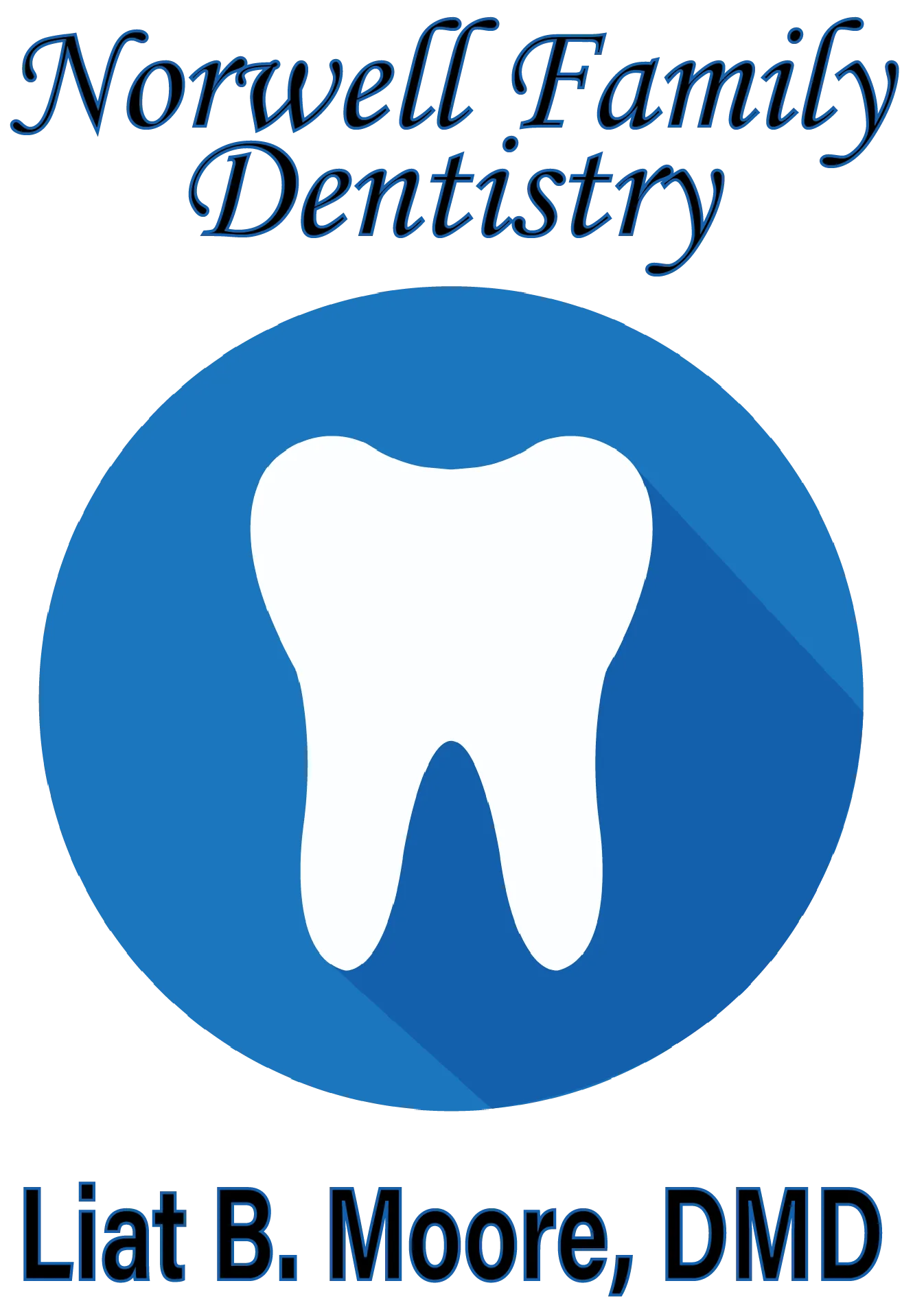Contact Us
Send Us An Email Today
Our Location
Find us on the map
Hours of Operation
Our Regular Schedule
Norwell Family Dentistry
Monday:
8:00 am-3:00 pm
Tuesday:
9:00 am-6:00 pm
Wednesday:
11:00 am-8:00 pm
Thursday:
7:00 am-3:00 pm
Friday:
7:00 am-2:00 pm
Saturday:
8:00 am-1:00 pm
Every Other
Sunday:
Closed
